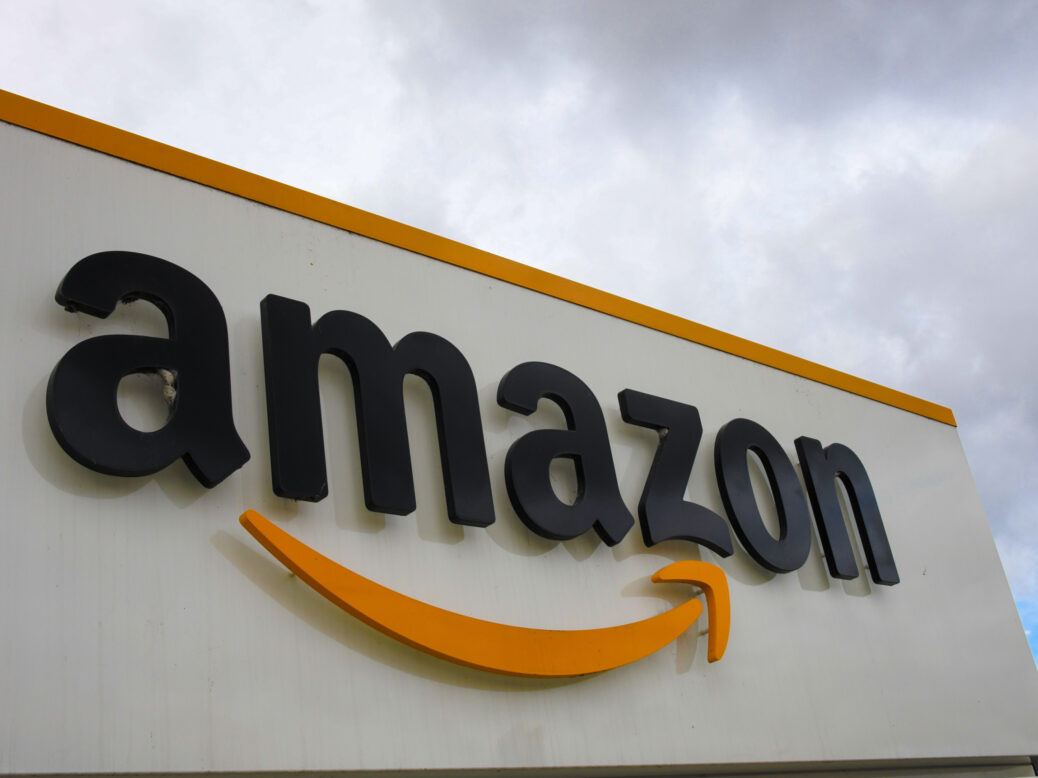
On the face of it, Matt Hancock’s plan for voice assisted support in the home for citizens with health concerns is a great idea, especially for those without access to the internet or for those with accessibility needs. We all know that there’s a significant demand, especially in primary care, for minor or routine issues that could be resolved by the pharmacist or – as is now being suggested – your voice assistant. And we also know that there’s lots of unhelpful “medical” advice online which only results in exacerbating patients concerns about their own health.
So the announcement today that the government is providing access to the approved and excellent content from the NHS website to be used on devices other than screen based computers, tablets and iPhones sounds like good policy.
But for me, the big problem is the “Alexa” bit of the “Alexa, how do I treat my sore throat?” question. The government has reassured us that patient health data – for example, our medical records – is not being shared with Amazon: it’s just the content on the NHS website. Good. But what the government doesn’t tell us is what restrictions are in place for Amazon to combine the data they already know about us with the new health related data we’re now being encouraged to give them by the government.
For example, Amazon Alexa will know I’m male, 32, live in either Bristol or London and – from what I buy on Amazon and the address and payment information I use – that I’m married with two daughters. It probably knows I’m vegan. I’m now being encouraged by the NHS to tell Amazon when I have a headache or that I have a bad back and so on and so forth.
Is Amazon allowed to use this information to target medical devices at me? Who will it pass that information on to? What value will Amazon have from collecting this type of information not just from me, but from people like me across the country, and selling that targeted advertising information to other companies? Where is that data stored? Is it secure? Will the NHS get any payback for the commercial value my health data is helping them generate? What are the terms that the NHS have signed up to with Amazon?
These are important questions to which we don’t know the answer. Parliament hasn’t been given any opportunity to scrutinise or hold the government to account on the contract it has entered into with Amazon. We should have that opportunity. And we know – from work such as my recent Parliamentary Commission on Tech Ethics – that the public are neither well informed or knowingly consenting to this type of service. Citizens’ Assemblies should be held across the country to make sure we’re acting within the parameters of what patients feel comfortable with. And commercial arrangements such as these should be scrutinised by select committees too.
Lastly, the Competition and Markets Authority has already announced its intention to look at the impact data monopolies have when they increase the amount of data they have access to. And whether Brexit happens or not, we need confirmation from the government that NHS data is specifically excluded from any trade deal between the United States and the United Kingdom: NHS patients should benefit from the value attributable to their own data.
I spend a lot of my time working on the policy issues surrounding technological transformation of our economy and our public services. I am all for the adoption of new technologies and transformation of our NHS, as well as our other public services and businesses up and down the country. But this can’t be rushed, and it needs to be done properly.
Darren Jones is the Labour MP for Bristol North West, a member of the Science & Technology Select Committee, the co-chair of the Parliamentary Technology Forum (PICTFor) and the Parliamentary Commission on Technology Ethics






